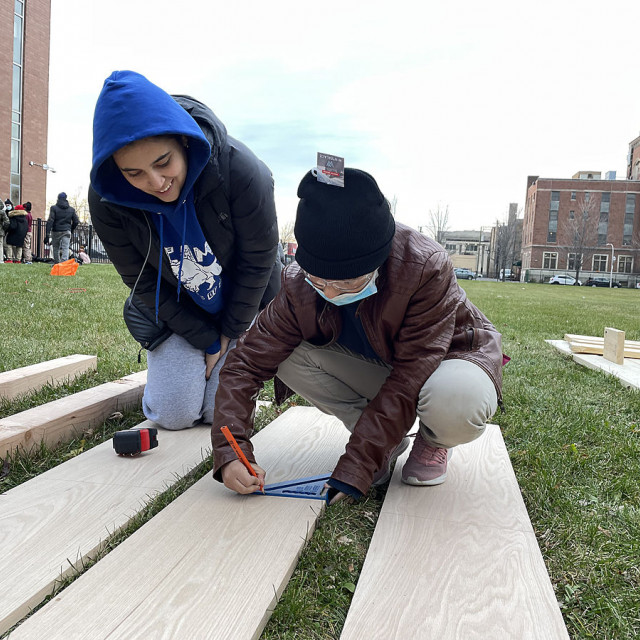Criteria for CHST Cross-listing
The “Chicago Studies” cross-list (CHST) may be used to designate classes that fit into any of the following categories -- click on each heading for recent examples in that category. Apply for the CHST cross-list here (webform will open in a new window).
